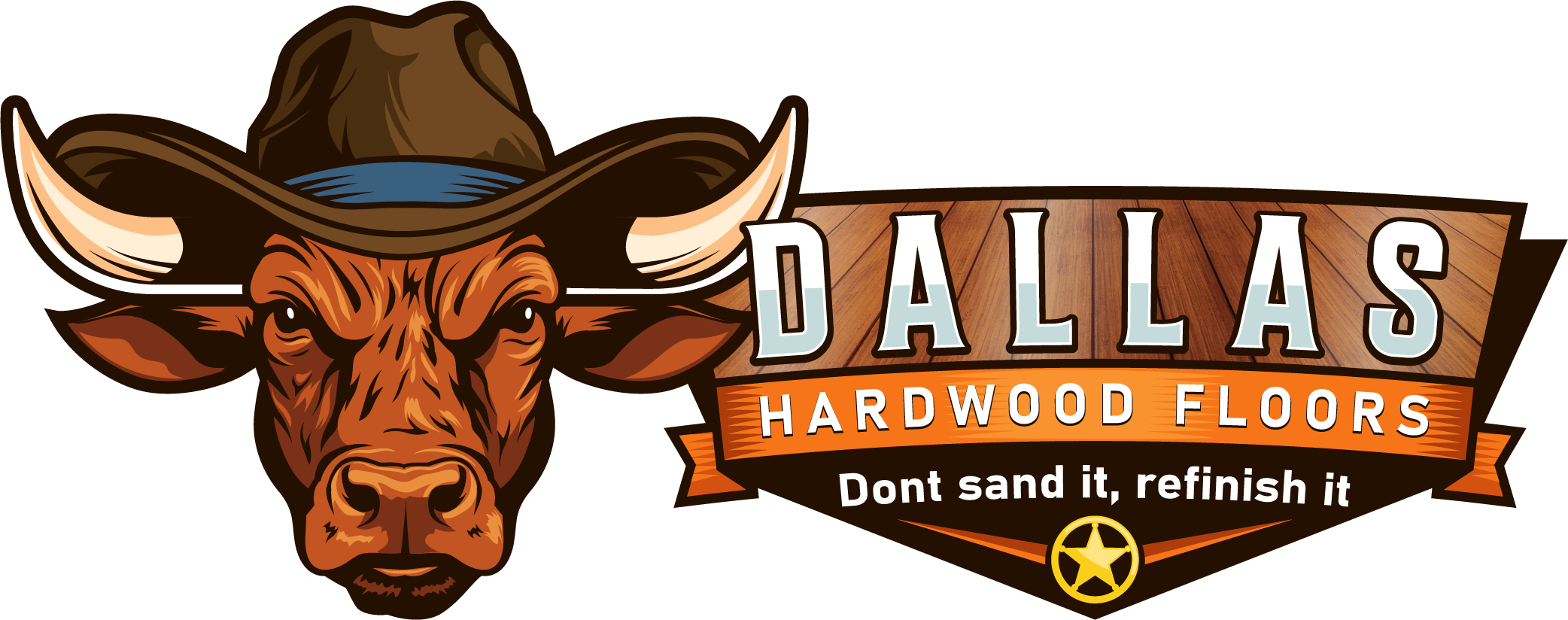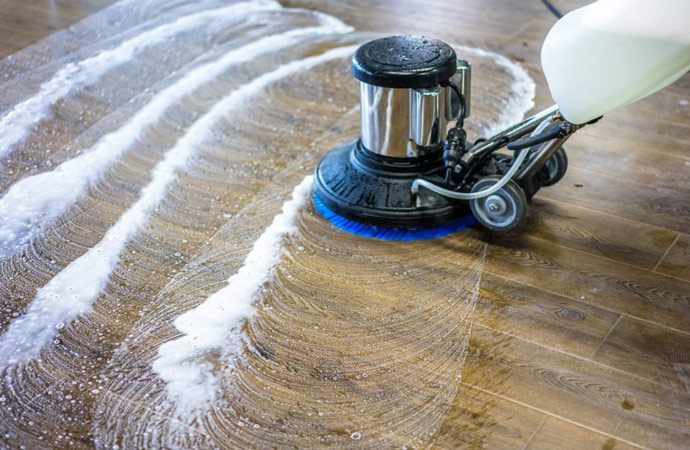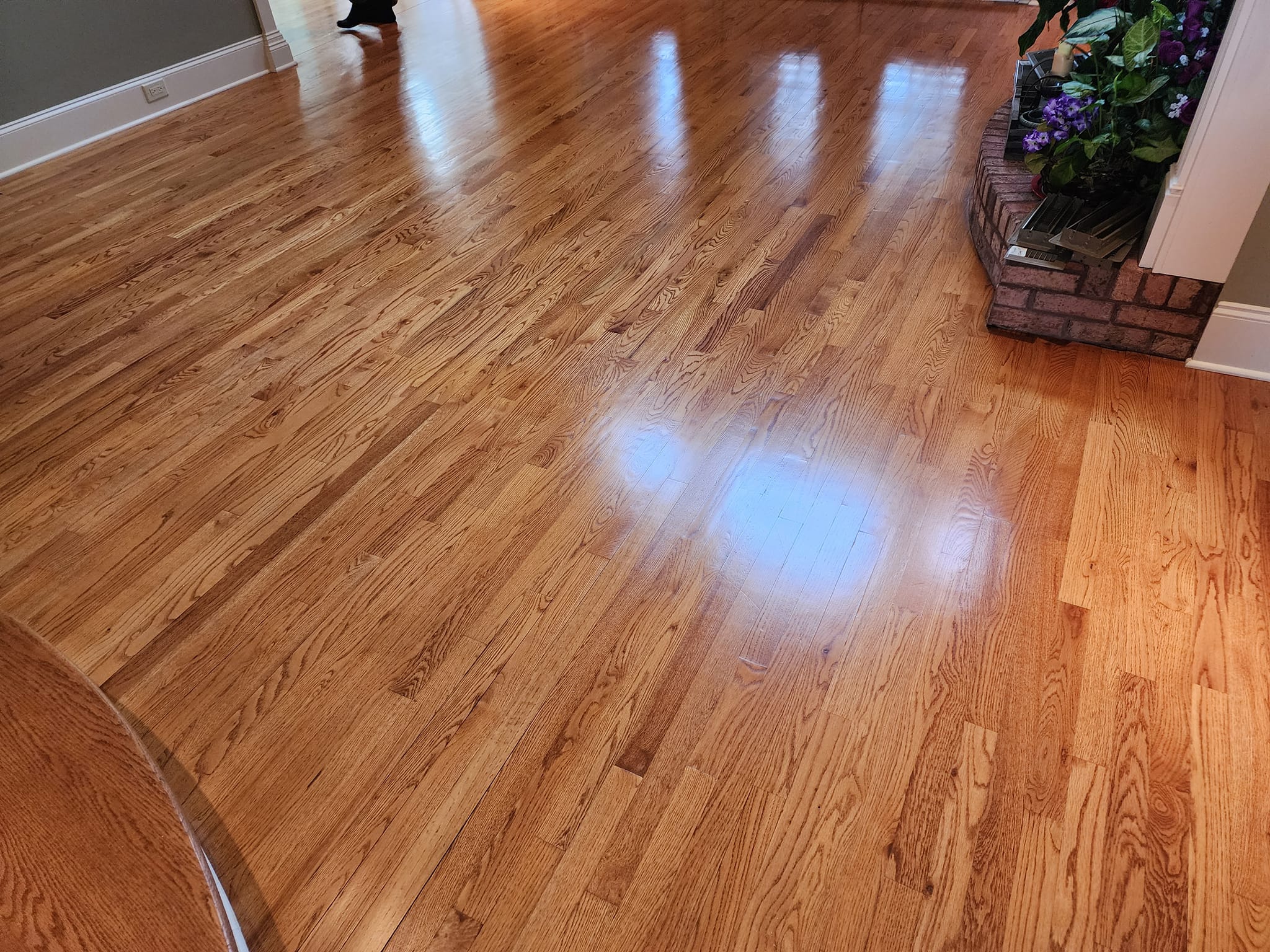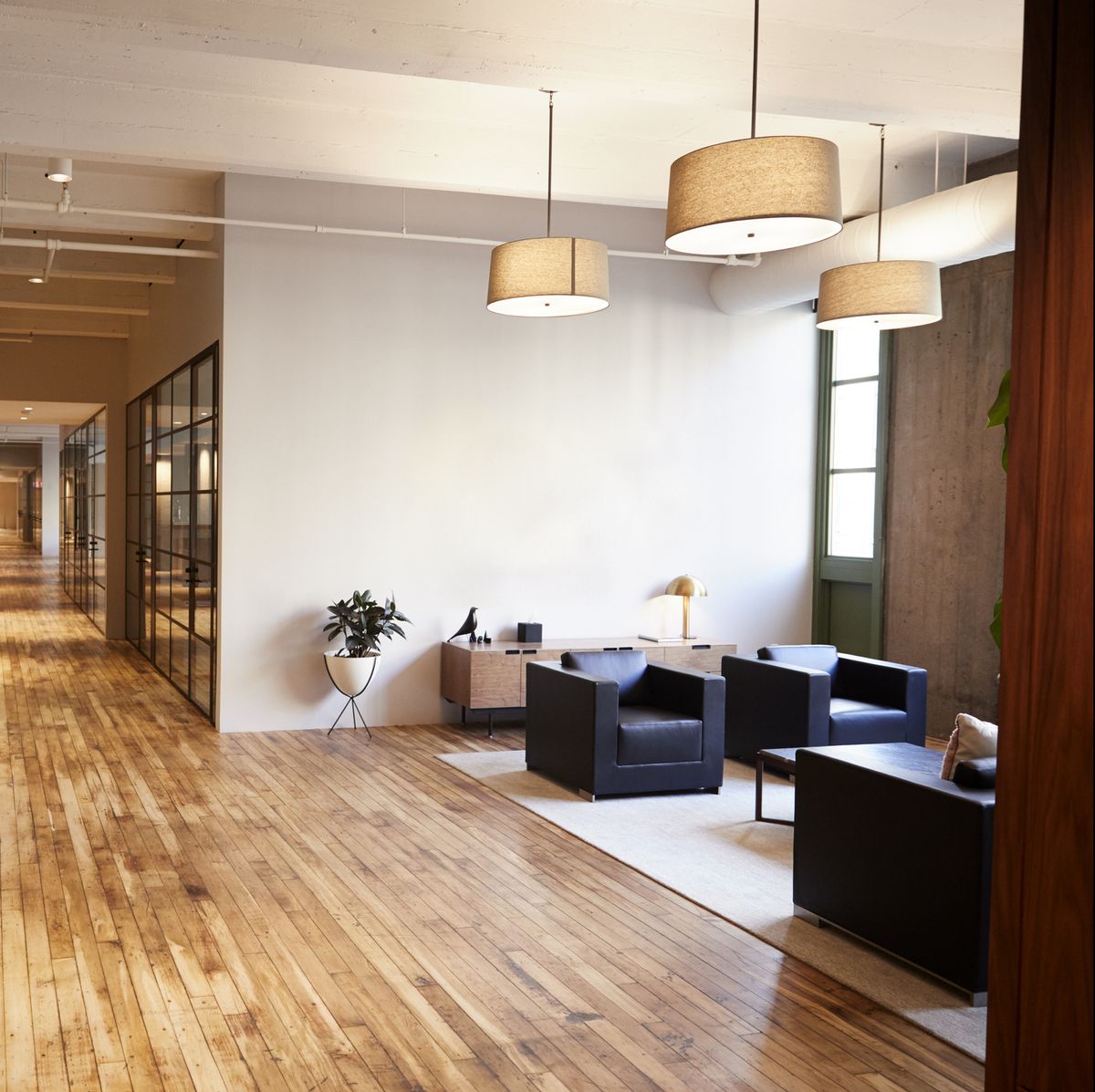Hardwood Cleaning and Buffing
Hardwood Floor Cleaning
Over time, hardwood floors can accumulate everyday residues like oils, grease, and dirt, which act as abrasives and may lead to premature finish wear. To ensure the longevity of your floors, we recommend scheduling a Deep Clean for your hardwood floor at least once a year. Call us today at (469) 667-1393 to discuss your floor and maintain its pristine condition!
How often should you clean hardwood floors?
Nothing compares to the timeless beauty and inviting warmth of hardwood floors in both traditional and modern homes. Their remarkable lifespan and durability make them a prized choice, but regular cleaning and maintenance are essential for keeping them at their best. Fear not, as learning how to clean hardwood floors is a straightforward process, and you’ll become a pro in no time when using the right wood floor cleaner and following these guidelines.
Even exotic hardwood floors can be maintained without the need for specialized cleaners or techniques. Knowing what not to use on wood floors is as vital as understanding the proper cleaning methods, given that hardwood floors are made of natural materials. Avoiding non-pH-neutral or unsuitable products is crucial, as the components in commercial wood floor cleaners can vary. The key lies in selecting an industrial cleaner tailored to your specific hardwood type and treatment. Always remember to read the cleaner’s label diligently to ensure a perfect match. With the right approach, your hardwood floors will retain their natural allure and stay stunning for years to come. To get the best out of your cleaning, ask us about Granny’s Hardwood Floor Cleaner!
What is the best way to clean and shine a hardwood floor?
Before cleaning artificial hardwood floors, it’s essential to do your research as they might not be what they appear. When it comes to genuine hardwood floors, avoid natural cleaners like distilled white vinegar, lemon juice, and baking soda, as they are not suitable for this surface. Excessive dampness, steam cleaning, and using too much water should also be avoided, as they can damage the wood.
For the best wood floor cleaning results, use our Granny’s Hardwood Floor Cleaner. Or stick to plain soap and water, and gather a broom, vacuum, and microfiber mop. Avoid using oils, waxes, furniture sprays, or anything with ammonia. A flat-head or string mop made of microfiber is ideal, as it can be easily wrung out, and its microfibers are excellent at picking up dirt and grime.
To create a cleaning solution, combine one quart of water with one tablespoon of dish soap in a spray bottle. Mist a small area (about 33 sq. ft.) and mop following the grain of the wood. Use just enough cleanser, as excessive moisture can harm hardwood floors. Move backward across the room as you mop to avoid stepping on the wet floor. There’s no need to rinse; simply let the hardwood floors air dry. If they appear slightly dull, restore their sheen by buffing with a clean, dry microfiber mop.
Daily sweeping is crucial to prevent tiny dust and debris from harming the wood’s surface. A vacuum with appropriate attachments can pick up debris in hard-to-reach areas. Always be mindful of small objects that could damage the wood if not removed promptly.
Surface-sealed hardwood floors are protected by sealants like urethane, polyurethane, or poly-acrylic. While the floor installer might have recommended a specific cleaning product, plain soap and water are effective and gentle on the finish. Mix 1/4 cup of dishwashing soap with a bucket of water to start mopping. Ensure the mop is properly dried before using it, as excess water can still damage sealed wood floors.
Avoid using vinegar as a cleaning solution, as it can have adverse effects on hardwood floors. Stick to the simple and effective soap and water method for pristine, well-maintained hardwood floors.
Should I use vinegar on my hardwood floor?
While some may believe in using vinegar, we strongly advise against it as the acidity can dull the wood over time. Instead, opt for a simple and effective cleaning solution of soap and water. Here’s an expert tip: to avoid leaving stains on the floors, use distilled water instead of tap water.
Different types of hardwood floors have varying levels of resistance to moisture and wear. Surfaces like wax-sealed, penetrating-seal, oil-treated, lacquered, shellacked, varnished, and untreated floors require more labor-intensive maintenance due to their specific characteristics.
What is hardwood buffing?
Buffing is what we will do your for your newly restored floors on bi-annual basis. Once we have restored your floors using our patented Granny’s Hardwood Floor Elixir, we will return as often as requested to clean and “buff” the floors back to their original luster.
Can you buff out hardwood scratches?
The simple answer is no. If you have hardwood scratches, you will need a complete sanding and re-staining
Advantages of buffing hardwood floors:
Experience the enhanced beauty and comfort of your hardwood floors with our professional buffing and waxing service. The sacrificial wax layer not only adds a captivating shine but also acts as a shield, safeguarding your floors against scuffs, scratches, and grit. Enjoy the ease of cleaning and maintaining your floors as the protective layer prevents stubborn stains from setting in, even with accidental spills.
Not only does buffing and waxing protect your floors, but it also helps eliminate moisture trapped between the boards, preventing potential damage and costly repairs. With a professional waxing, your hardwood floors are fortified and resistant to elements like moisture, ensuring their longevity.
Choose between clear wax for a glossy and dazzling finish or colored waxes to add a touch of luxury with a beautiful hue that enhances the wood’s inherent color. The result is a lovely soft gloss that brightens your entire space, transforming the appearance of your home. Make your hardwood floors shine like never before with our expert buffing and waxing services!



